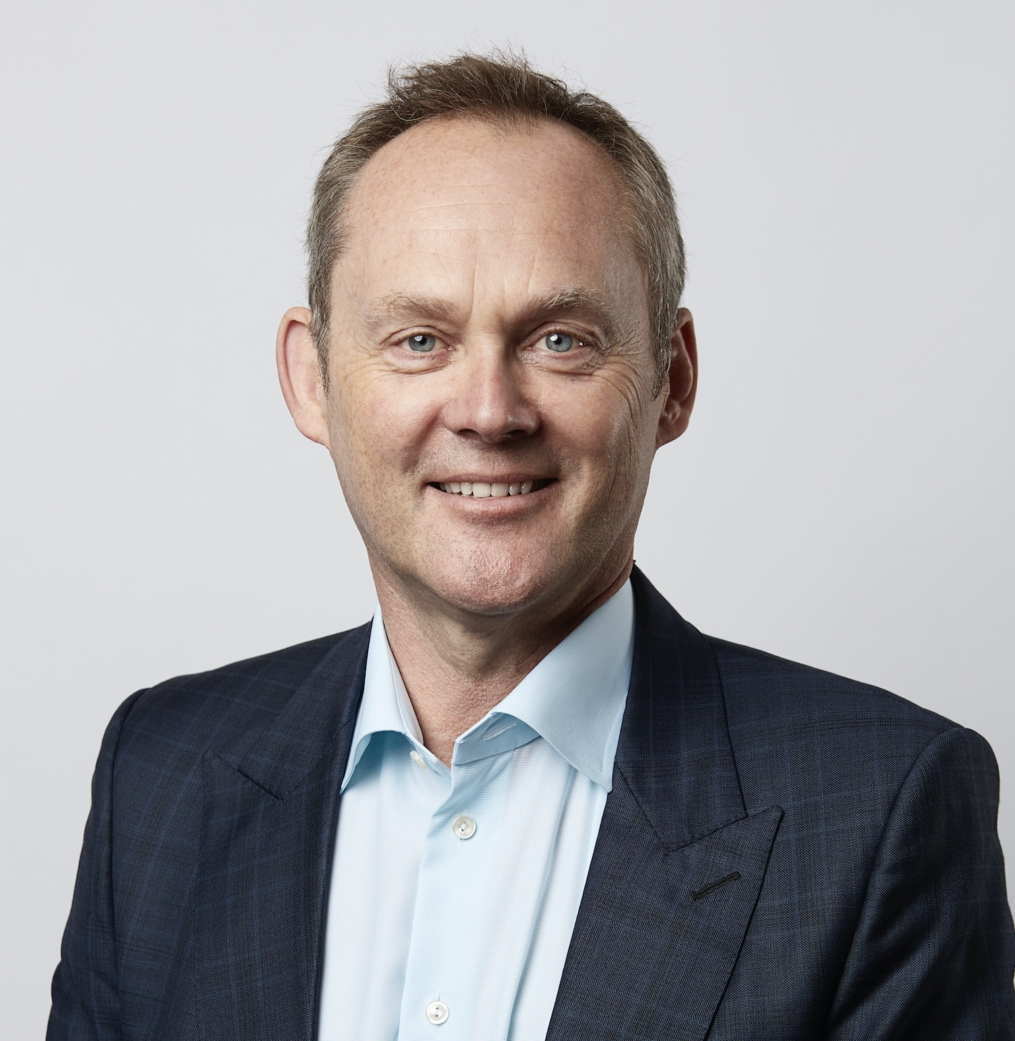Already a member? Sign in below

The following piece is taken from our report – Advertising Pays 8: UK Advertising’s Social Contribution – and is written by Phil Thomas, CEO & President, Ascential Events and Chairman, Cannes Lions, on how advertising might deliver even more around social contribution in the years ahead.
Every year for the last ten years, we have listened to all of the 300+ speakers on the stages at Cannes Lions, and noted the words they use most often. It’s a time- consuming task, but worth it, because if the same words come up again and again, you can be fairly sure these are the themes on the industry’s mind. In 2019, there was a pivot, from the word “Purpose”, a perennial favourite on the Cannes Lions stage, to the word “Activism”.
As Colleen DeCourcey, Co-President and Chief Creative Officer of Wieden + Kennedy put it, “you can be an advocate, you can be a cheerleader, but if you’re going to be an activist, you need to be prepared to be really uncomfortable and to say things that might lose some of your consumer base.”
And that has been the shift; from a loose and warm and fuzzy brand purpose, to actually taking a stand. Of course, if you take a stand on something, you are probably going to make enemies, which is exactly what happened with Nike during their multi-Lion winning Dream Crazy campaign, which publicly supported the athlete Colin Kaepernick when he refused to stand for the National Anthem, and knelt in protest of how people of colour are treated in the USA. The initial reaction did not look good; people were burning their Nike sneakers on social media. But ultimately, it worked extraordinarily well, taking Nike’s stock price to an all-time high, and adding billions to the brand’s value.
There were plenty of other activism-based winners this year. A sanitary products business in Germany, for instance, packaged their tampons (15% tax) in a book (7% tax) to highlight the unfairness of that discrepancy, and succeeded within a few short months in getting the tax law changed in the Bundestag. Country-Time lemonade (a Kraft product) proved that activism does not have to be serious when it set up free legal counsel to defend families selling home-made lemonade on their lawns, which in many states in the US is (or was – they got the law changed too) illegal.
And Volvo, a winner in many categories including the Glass Lions, not only used data to make their cars safer for women as well as men (women are 17% more likely to die in a crash because the dummies have been modelled on men), but also – critically – made their research available to any car manufacturer. This kind of activism, combined with generosity, was a big theme at the Festival – Microsoft did it as well with designs for disabled consoles – and you can see why it would work. Everyone knows that Volvo stands for safety. But safety for all? Even non-Volvo drivers?
It is certainly true that if you look across the winners of Cannes Lions – and by the way the evidence that these creative campaigns are more effective is overwhelming – you can clearly see how brands all over the world are shifting from a vague purpose to genuine activism, taking risks and sharing their findings. I cannot see it being a blip, and I would recommend any UK-based brand to have a long hard look at some of these organisations, and how they are leading the way in an almost political activism.
Already a member? Sign in below
If your company is already a member, register your email address now to be able to access our exclusive member-only content.
If your company would like to become a member, please visit our Front Foot page for more details.
Enter your email address to receive a link to reset your password
Your password needs to be at least seven characters. Mixing upper and lower case, numbers and symbols like ! " ? $ % ^ & ) will make it stronger.
If your company is already a member, register your account now to be able to access our exclusive member-only content.